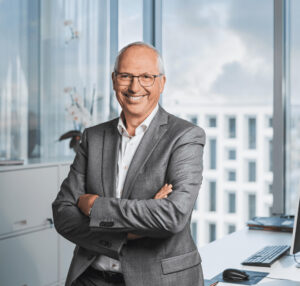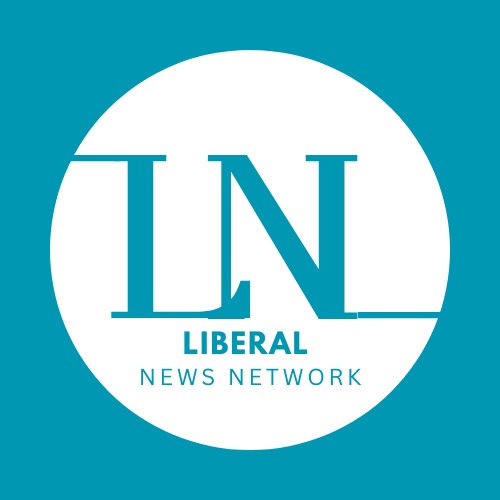Millions of Africans are battling a silent health crisis due to a lack of access to essential diagnostic tests. This, according to the World Health Organization (WHO), affects 1 in 10 people, leading to misdiagnoses, delayed treatment, and poorer health outcomes.
In a bold move to improve health in Africa, pharmaceutical giant Roche is making a groundbreaking move to address this disparity. Roche unveiled a 10-year plan to deliver ten times more diagnostic tests across Africa, aiming to transform healthcare access and empower millions to manage their health.

“Globally, only 2% of healthcare spending goes towards diagnostics,” said Dr. Bernard Colombo, Head of Roche Diagnostics for the Europe, Middle East, Africa, and Latin America Region.
According to Dr. Colombo, the overall performance of the health system is pegged on a reliable diagnosis.
Misdiagnosis can erode trust in doctors and the healthcare system as a whole leading to unnecessary medical bills for tests, medications, and procedures.
Colombo emphasized that better diagnoses leads to better treatment, highlighting the importance of investing in diagnostics despite initial costs.
A 2022 UNICEF report revealed that 2.4 million children under five die annually in Africa from preventable and treatable diseases. The report further highlights that misdiagnosis rates in Africa is alarmingly high and could prevent treatable diseases because many children and young mothers receive the wrong medication because of incorrect diagnoses, leading to delayed or inappropriate treatment.
Notably, early diagnosis and treatment are life-saving, particularly for communicable diseases like HIV/AIDS, Tuberculosis (TB), and Malaria, where it allows for timely intervention and prevents further spread.
Roche underscored that achieving this ambitious life -saving goals requires “collaboration,” not just “tests.”
While Roche seems committed to collaborations across sectors, and early detection to diagnosis and treatment is quintessential, the companies long-term commitment to improving Africa’s healthcare landscape cannot be achieved in one straw. Transparency and accountability remain crucial to unlock the true potential of allocated resources for diagnostics. The question that now looms is Can political will translate into tangible progress for Africa’s health?
